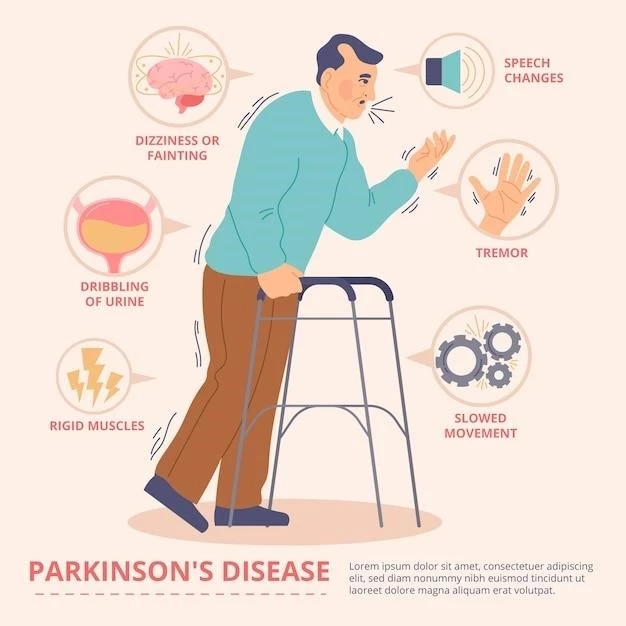Michels Caskey Syndrome is a rare disorder characterized by spinal and skeletal abnormalities, particularly of the thumbs, accompanied by abnormal or absent female reproductive organs. This syndrome is also known as hypoplastic thumb Mullerian aplasia and is a condition combining spinal and skeletal abnormalities with abnormalities in the female reproductive system.
Definition and Rare Nature
Michels Caskey Syndrome is a very rare disorder characterized by underdeveloped thumbs, spine deformities, and the lack of development of the female reproductive organs, such as the uterus and vagina. This syndrome combines spinal and skeletal abnormalities, particularly affecting the thumbs, with abnormal or absent female reproductive organs, making it a unique and rare condition. The external genitalia may appear normal despite the underlying abnormalities.
Characteristics and Symptoms
Michels Caskey Syndrome is a rare disorder characterized by underdeveloped thumbs, spine deformities, and abnormalities in female reproductive organs.
Skeletal and Spinal Abnormalities
Michels Caskey Syndrome presents with unique skeletal and spinal abnormalities, including underdeveloped thumbs, spine deformities, and abnormalities in female reproductive organs. These anomalies are critical features of the syndrome, aiding in its diagnosis and differentiation from other conditions.
Female Reproductive Organ Abnormalities
Michels Caskey Syndrome is characterized by the presence of rare female reproductive organ abnormalities, including underdeveloped or absent structures such as the cervix, upper vagina, uterus, or other related anomalies. These abnormalities contribute to the unique nature of this syndrome and are crucial diagnostic features.
Other Associated Symptoms
Aside from skeletal and spinal abnormalities, Michels Caskey Syndrome may present with additional symptoms such as scoliosis, primary amenorrhea, and specific abnormalities in female reproductive organs. These diverse symptoms contribute to the complexity and unique nature of this rare genetic disorder.
Related Syndromes and Terminology
Michels Caskey Syndrome is a rare genetic disorder associated with unique skeletal, spinal, and reproductive abnormalities, making it a distinct and intriguing condition in the medical field.
3MC Syndrome
The 3MC Syndrome consists of facial dysmorphic traits such as hypertelorism٫ blepharophimosis٫ and blepharoptosis٫ along with other characteristics like cleft lip and palate٫ postnatal growth deficit٫ cognitive impairment٫ and hearing loss. This syndrome is a distinct condition with its unique set of identifying features.
EEC Syndrome
EEC Syndrome is characterized by an autosomal dominant inheritance pattern with the absence of central parts of the hands and feet, leading to split-hand/foot malformation, along with ectodermal dysplasia and cleft lip, which may or may not involve cleft palate. This inheritance pattern can result from a mutation in the TP63 gene located on chromosome 3q28, distinguishing it from other syndromes with related features.
Diagnosis and Classification
Diagnosis of Michels Caskey Syndrome involves identifying the unique combination of skeletal abnormalities, specifically in the thumbs and spine, along with the presence of abnormal or absent female reproductive organs. Classification of this syndrome relies on the distinct features that set it apart from other related conditions.
Mullerian Aplasia with Hypoplastic Thumbs
Michels Caskey Syndrome exhibits features such as underdeveloped thumbs, spinal deformities, and abnormalities in female reproductive organs, leading to the unique classification of this syndrome. The distinct presentation of skeletal anomalies and reproductive organ abnormalities aids in diagnosing and categorizing Michels Caskey Syndrome. The interaction between these characteristics distinguishes it from other conditions and contributes to its classification.
Genetic Basis and Inheritance
Michels Caskey Syndrome demonstrates an autosomal recessive inheritance pattern and can be attributed to specific genetic mutations impacting the development of spinal, skeletal, and reproductive structures. Understanding the genetic basis and inheritance patterns of this syndrome is crucial in diagnosing and managing affected individuals.
Treatment and Management
Treatment for Michels Caskey Syndrome involves a multidisciplinary approach to address the various skeletal, spinal, and reproductive abnormalities. Surgical interventions may be necessary to manage specific complications associated with this rare genetic disorder.
Multidisciplinary Approach
Successful management of Michels Caskey Syndrome necessitates a multidisciplinary approach involving various medical specialties to address the complex skeletal, spinal, and reproductive abnormalities associated with this rare genetic disorder. Collaborative efforts are essential to ensure comprehensive care and tailor interventions to the unique needs of affected individuals.
Surgical Interventions
Surgical interventions are often necessary to address specific complications associated with Michels Caskey Syndrome, aiming to manage skeletal, spinal, and reproductive abnormalities effectively. These interventions play a vital role in improving the quality of life for individuals affected by this rare genetic disorder.

Research and Resources
Research on Michels Caskey Syndrome encompasses investigations into the genetic basis, diagnostic protocols, and potential treatment modalities. Resources such as the CDC Public Health Genomics and Precision Health Knowledge Base, PubMed, and the TRIP Database offer valuable insights into this rare genetic disorder;
CDC Public Health Genomics and Precision Health Knowledge Base
The CDC Public Health Genomics and Precision Health Knowledge Base (PHGKB) serves as a vital online resource for the latest updates on scientific literature, CDC materials, and other resources related to translating genomic and precision health advancements into enhanced healthcare and disease prevention strategies. This database offers valuable insights into understanding and managing rare genetic disorders like Michels Caskey Syndrome.
PubMed and TRIP Database
Accessing scientific literature through platforms like PubMed and the TRIP Database allows for in-depth exploration of research articles, clinical studies, and evidence-based medicine publications related to rare genetic disorders such as Michels Caskey Syndrome. These resources provide valuable information for healthcare professionals, researchers, and individuals seeking to understand and manage this complex condition.

Prognosis and Future Directions
Understanding the prognosis of Michels Caskey Syndrome involves considering the complexities of skeletal, spinal, and reproductive abnormalities. Research and advancements in genomics and precision health offer promising future directions for better diagnosis, management, and potentially targeted therapies for individuals affected by this rare genetic disorder.
